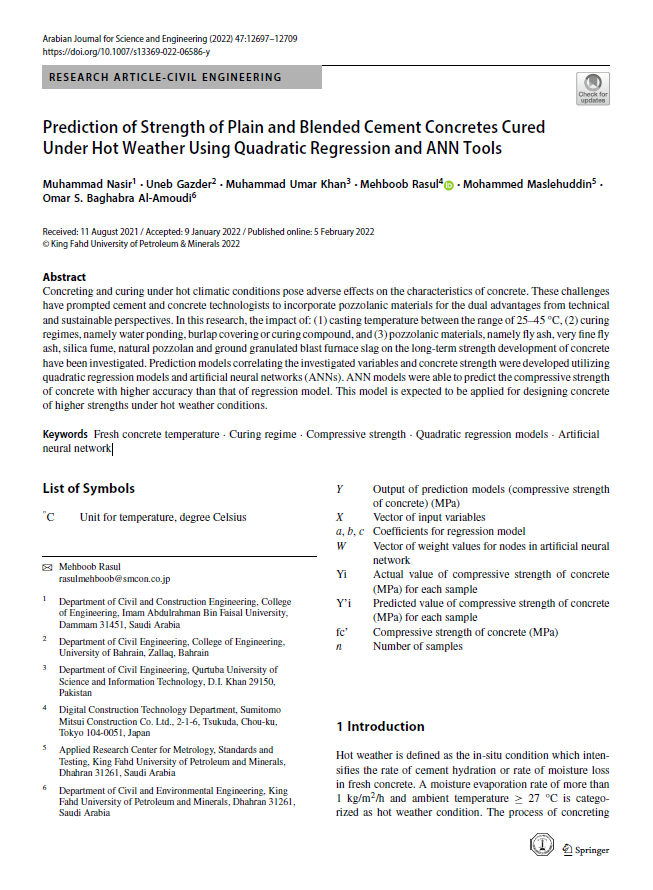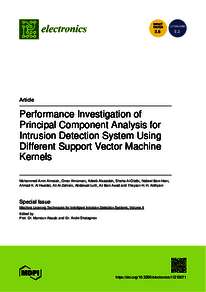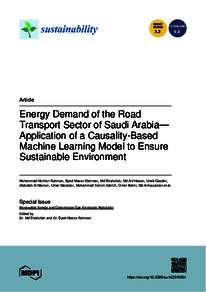وثيقة
Marshall Stability Prediction with Glass and Carbon Fiber Modified Asphalt Mix Using Machine Learning Techniques
وكيل مرتبط
Thakur, Mohindra Singh, مؤلف مشارك
Al Ansari, Mohammed Saleh, مؤلف مشارك
Malik, Mohammad Abdul, مؤلف مشارك
Alahmadi, Ahmad Aziz, مؤلف مشارك
Alwetaishi, Mamdooh, مؤلف مشارك
Alzaed, Ali Nasser, مؤلف مشارك
عنوان الدورية
Materials
العدد
Volume 15 - Issue 24
دولة النشر
Bahrain
مكان النشر
Sakhir, Bahrain
الناشر
University of Bahrain
تاريخ النشر
2022
اللغة
إنجليزي
الموضوع
الملخص الإنجليزي
Abstract:
Pavement design is a long-term structural analysis that is required to distribute traffic loads throughout all road levels. To construct roads for rising traffic volumes while preserving natural resources and materials, a better knowledge of road paving materials is required. The current study focused on the prediction of Marshall stability of asphalt mixes constituted of glass, carbon, and glass-carbon combination fibers to exploit the best potential of the hybrid asphalt mix by applying five machine learning models, i.e., artificial neural networks, Gaussian processes, M5P, random tree, and multiple linear regression model and further determined the optimum model suitable for prediction of the Marshall stability in hybrid asphalt mixes. It was equally important to determine the suitability of each mix for flexible pavements. Five types of asphalt mixes, i.e., glass fiber asphalt mix, carbon fiber asphalt mix, and three modified asphalt mixes of glass-carbon fiber combination in the proportions of 75:25, 50:50, and 25:75 were utilized in the investigation. To measure the efficiency of the applied models, five statistical indices, i.e., coefficient of correlation, mean absolute error, root mean square error, relative absolute error, and root relative squared error were used in machine learning models. The results indicated that the artificial neural network outperformed other models in predicting the Marshall stability of modified asphalt mix with a higher value of the coefficient of correlation (0.8392), R2 (0.7042), a lower mean absolute error value (1.4996), and root mean square error value (1.8315) in the testing stage with small error band and provided the best optimal fit. Results of the feature importance analysis showed that the first five input variables, i.e., carbon fiber diameter, bitumen content, hybrid asphalt mix of glass-carbon fiber at 75:25 percent, carbon fiber content, and hybrid asphalt mix of glass-carbon fiber at 50:50 percent, are highly sensitive parameters which influence the Marshall strength of the modified asphalt mixes to a greater extent.
المجموعة
المعرف
https://digitalrepository.uob.edu.bh/id/700326b2-60bd-4b69-bbe4-48b57e26fd52
مواد أخرى لنفس الموضوع



